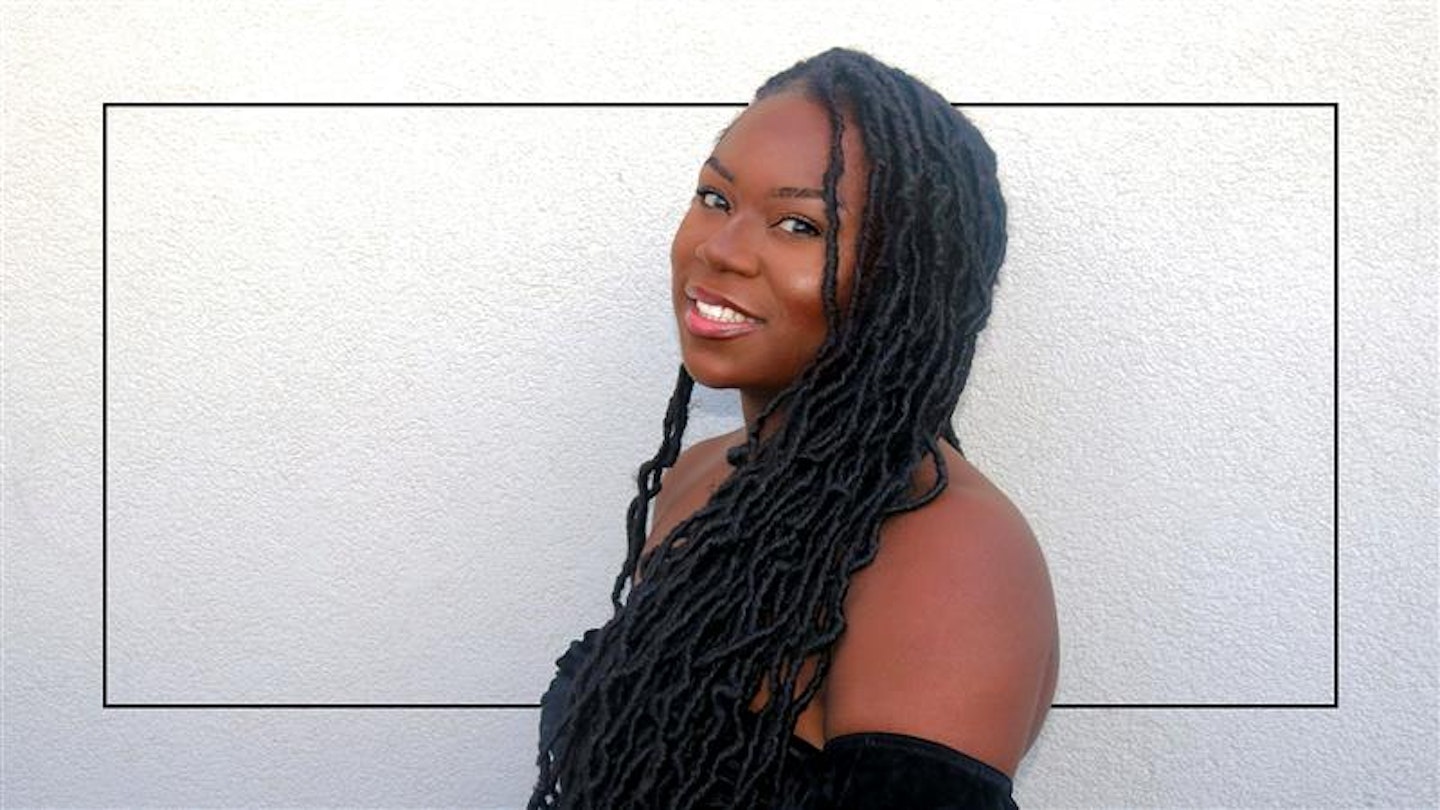What happens to Black women who have children but experience difficulties with motherhood? What happens when reality does not match expectations? What happens when services that are supposed to offer support and care are deemed inadequate? Over the last six years, when I began my motherhood journey, I’ve pondered all these questions, which have ultimately led me to write my new book, My Black Motherood: Mental Health, Stigma Racism and the System.
My daughters were born less than two years apart, in the same hospital, with different staff, but I had the exact same inkling that I was not being listened to on both occasions, that my words were not taken seriously, that I had very little choice. Above all, that I was missing the dignity, kindness and respect I had thought would accompany the life-changing experience of bringing a baby into the world. I felt robbed of the ‘joyous’ experience of giving birth. Ignored. Pain dismissed. Silenced.
Many Black mothers feel like we have been judged by the colour of our skin when accessing healthcare services, both during and after pregnancy. Consequently we believe we’re on the receiving end of a second-class service. Although, we are all too aware of the institutional racism that exists in the UK, we are understandably shaken when we still experience discrimination first-hand at such a vulnerable time of our lives. My concerns have been echoed by several Black women who have shared similar experiences through The Motherhood Group, a platform for parents to share the black maternal experience.
In May, the Inquiry into Racial Injustice led by Birthrights charity which I co-chaired found that systemic racism within UK maternity care is risking the safety of people from Black, Asian and mixed ethnicity backgrounds. More than 300 women gave evidence to our expert panel chaired by Shareen Rahman QC, a barrister specialising in clinical negligence, who said: “Black women in the UK are four times more likely to die in pregnancy and childbirth than white women; Asian and mixed-race women are twice as likely. This glaring inequality prompted Birthrights to examine how race discrimination impacts upon maternity care.’
I believe there is a disparity in the care given and received by Black women, because of a lack of trust between Black women, healthcare services and the Government. The statistics surrounding Black mothers not accessing perinatal care cannot be adequately addressed without understanding and dismantling racism and bias in the healthcare system.
I have had experiences of clinicians withholding epidurals for hours and being dismissive of my pain because my screams didn’t 'coincide' with contractions. There is a cultural assumption sometimes that Black women are very strong, that we don't feel as much physical or emotional pain, but we do. The myth of the superpowered Black woman needs to end as it is killing us, literally, and this kind of bias has infiltrated into the healthcare system and caused real harm.
There needs to be better training for clinicians around unconscious bias, to better understand how Black women respond to pain, to not pass it off as 'having an attitude' or 'being aggressive', but to fully comprehend us. Unfortunately, unconscious bias exists in every part of society, but in healthcare it can have dangerous consequences.
We also need more diversity in the resources and support groups available. I tried to attend mum and baby groups but often found I was the only Black woman in the room so I was unable to connect. On social media, most of the mum groups and bloggers and vloggers are white, middle class women, too. The parenting industry as a whole is the same. It gives the message that we are not part of it, not included, or in need of support.
The Motherhood Group has given women of colour a voice and a safe space through events, workshops and digital spaces. People are beginning to value our experience, our stories and ask for our input into research projects around maternal mortality and mental health. This has increased since the Black Lives Matter movement, but Black mothers have been dying at a disportionate rate for years at a higher rate, so why now?
This is a bittersweet moment. Black women need to continue to be loud and to be heard and to support each other as we face the challenges of motherhood. Raising awareness has been an important first step in the journey. Now we need to make sure that we are also part of the solution. In My Black Motherhood, I examine how culture, racism, stigma and a lack of trust in services, prevent women getting the help they need. Breaking open the conversation on motherhood, race, and mental health, I hope this will urge everyone to listen, believe, and understand Black women.
